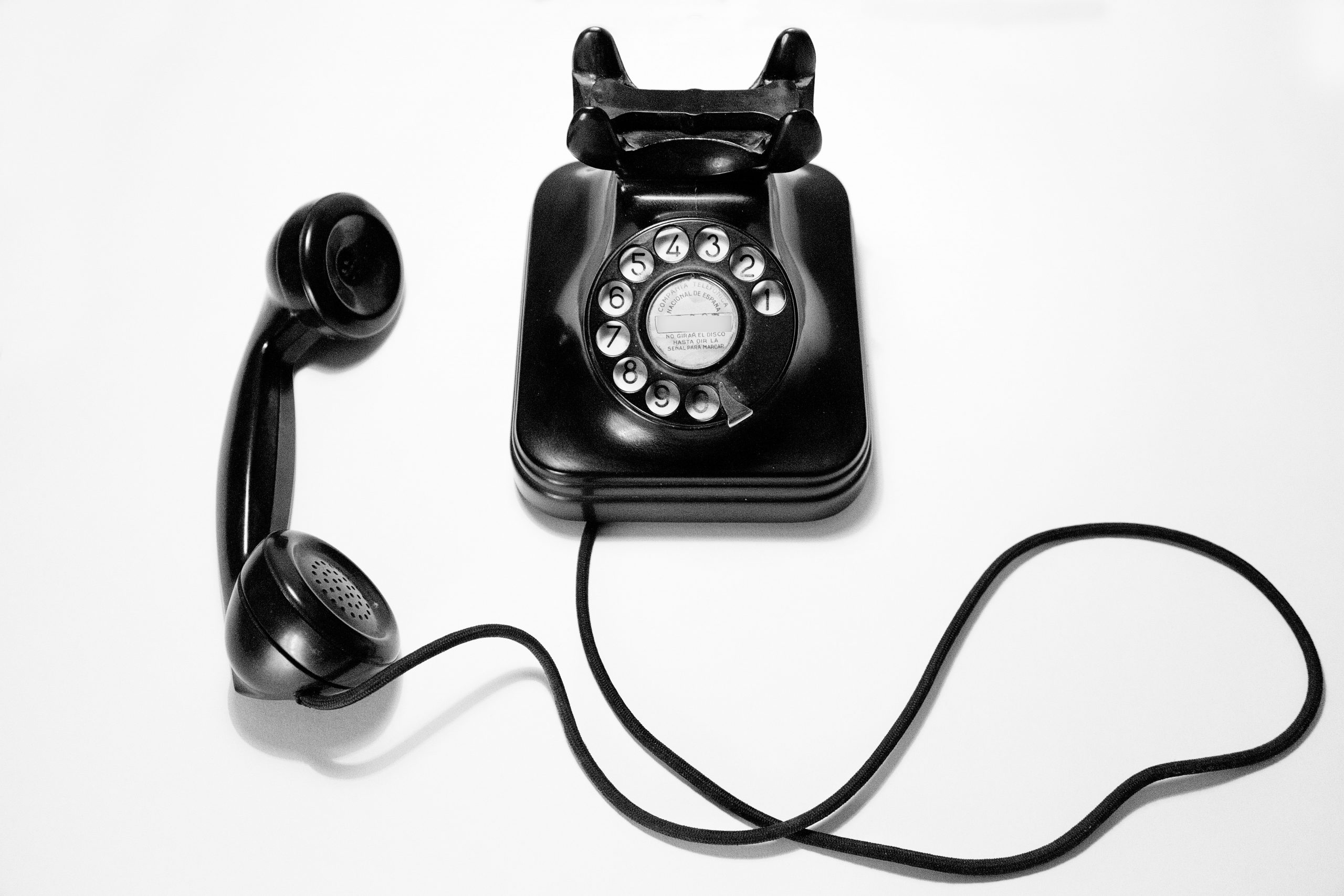It’s 2020. You’ve just booked a flight abroad for probably more money than you wanted to spend, but you’ve got food and lodging figured out, so you’re feeling pretty good money-wise (as much as anyone can in this economy).
You get in bed, plug in your phone, and settle in for the night. Suddenly, your eyes fly open—is there any internet where you’re going? How will you access it?!
Choose wisely.
The Free Option
Don’t worry about it. This is just a mini-trip, after all. Turn off your data roaming when you leave the country, and use free Wi-Fi sites as you travel. You won’t have internet access all the time, but most restaurants, bars, libraries, museums, and other public places offer free Wi-Fi. You’ll get by just fine. Download LINE, WhatsApp, or Facebook Messenger to text your friends through Wi-Fi.
Your eyes close as you drift into a gentle, worry-free sleep.
The Less-Free Option
Worry about it a little. You need internet 24/7, and free Wi-Fi isn’t going to cut it. Call your mobile provider (or, more accurately, ask the nice “Help Me” box on their website) and ask about their international plans. Those should let you data roam in foreign countries at an extra cost. You’ll have internet wherever you go! (Still download a Wi-Fi messaging app, though—phone plans get a bit trickier.)
You wake up to write down what you need to do tomorrow, and then since you’re already not asleep, you figure you can waste another 10 minutes on your phone. Of course, it doesn’t end up being 10 minutes.
The Least-Free Option
Worry about it a lot. You travel abroad all the time, and switching international plans a lot sounds like a hassle. It’s time to alter your SIM card. (That’s the tiny plastic chip in your phone; among other things, it connects your phone to the network of your choice, tells other phones that it’s your phone, and keeps track of your contact info!)
You can get SIM cards specific to the countries that you’re traveling in, or you can get a specialist roaming SIM. The first type works great if you’re staying in one country and you research beforehand where to buy and activate them (sometimes you can even buy before you leave). The second type is preferable if you’re going to be in multiple countries, don’t want hassle, and have extra money to spend.
Also, make sure to “unlock” your phone—a special process that is individual to you and your carrier. Ask your provider about it and they should help you out.
You toss and turn, your head swirling with phone plan thoughts and budgeting concerns. You know you’ll rest easier when you’re in Romania, but the cost . . . the cost is your sleep tonight.
—Melissa Lyons

